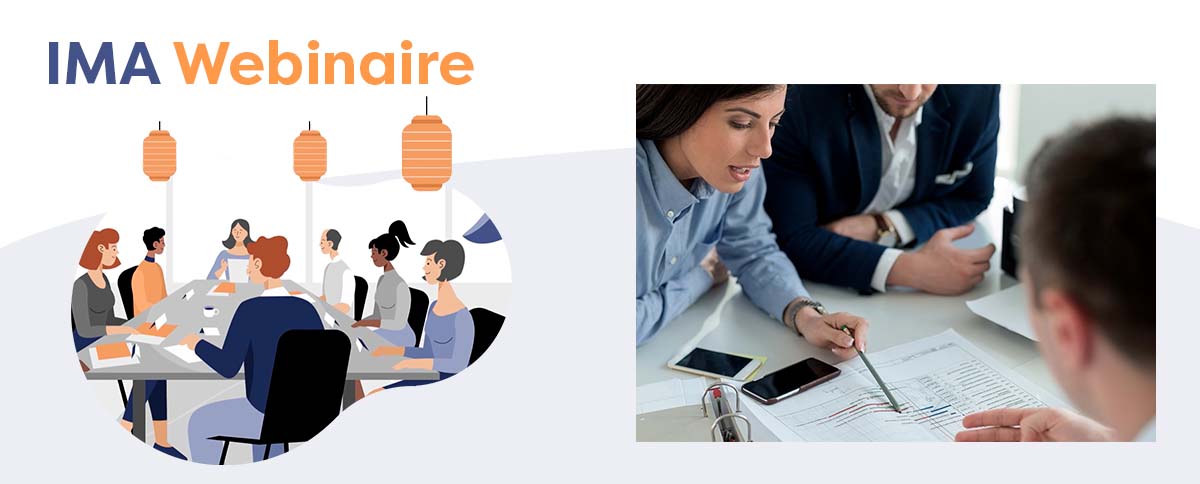Beyond trusting in their auditors, audit committees are equally responsible for ensuring the quality of the audit.
On January 19, 2022, the Moroccan Institute of Directors (IMA) invited Xavier BEDORET and Anne-Hélène MONSELLATO to lead a webinar on the subject of “Audit quality and audit committee responsibilities”. How can the dialogue between the audit committee and the statutory auditor be developed to improve the quality control of the information published by the company? Many thanks to Lamia EL BOUANANI for having organized this event.
The moderators emphasized that audit quality rests on three pillars: the audit committee, the statutory auditor, and the regulator.
As part of its statutory responsibilities, the audit committee has a key role in the appointment, renewal and monitoring of the statutory auditor’s independence. The committee closely monitors the process of preparing financial statements and associated internal controls, it challenges the approach, conditions, progress and performance of the audit, and it analyses its results. As a prerequisite, the chairman of the committee ensures, through the selection and appropriate training of its members, that the audit committee as a whole has sufficient financial, auditing and internal control skills, as well as a robust understanding of the business model.
The statutory auditor develops the audit approach in accordance with its professional auditing standards, uses professional skepticism to challenge management and looks, beyond mere representations, for appropriate supporting documentation. The auditor ensures the quality and regularity of communication with the audit committee throughout the engagement and discusses the extent of procedures on key audit matters, complex judgements and estimates, and audit results.
The national audit regulator is responsible for supervising the audit profession, conducting cyclical inspections of audit firms, and investigating any practices that do not comply with national standards. It publishes an annual report on its activities and on areas where progress is needed.
Approximately 30 participants took part in the presentation and the Q&A session that followed. The key messages of this meeting were that (1) audit committee members must be trained to meet their broader responsibilities, (2) the independence of the statutory auditor must be closely monitored, (3) audit quality and performance must be upheld throughout the process.
The panel also noted that the development of international business relations and the influence of international standards on Moroccan auditing standards are likely to increase the responsibilities of the audit committee in listed companies and public enterprises.




